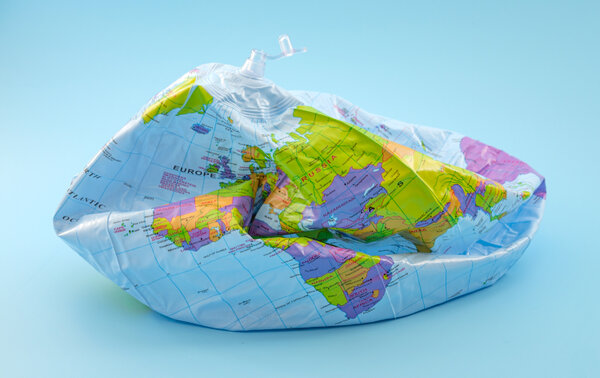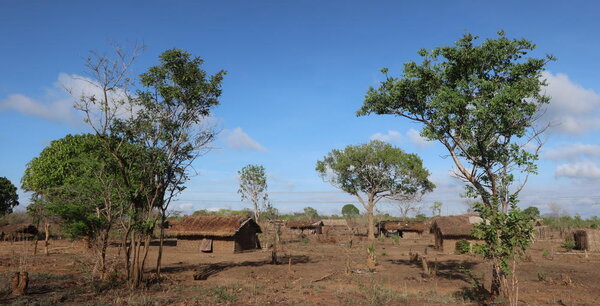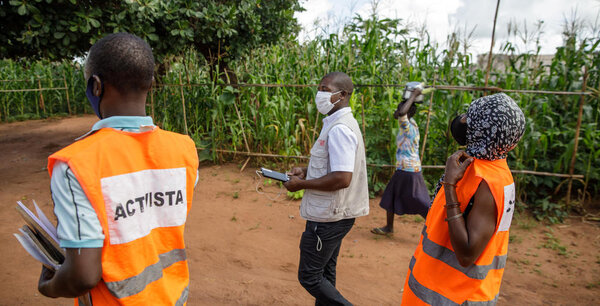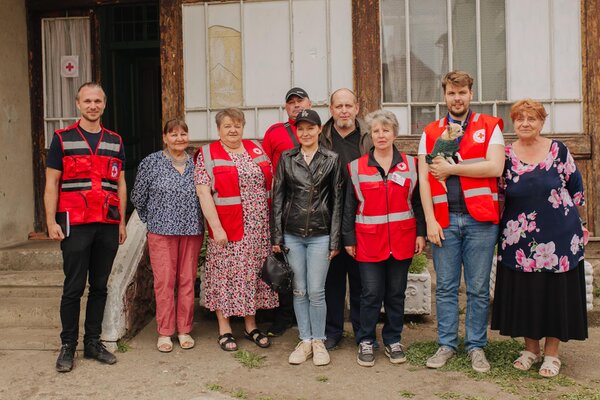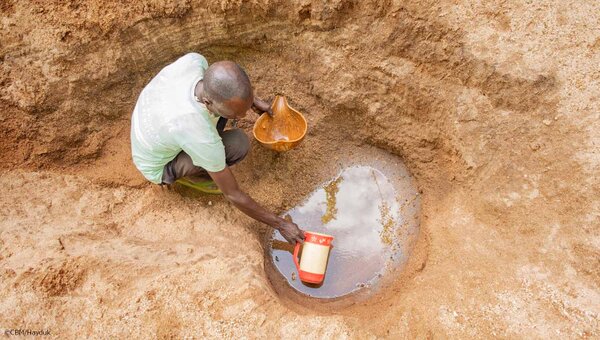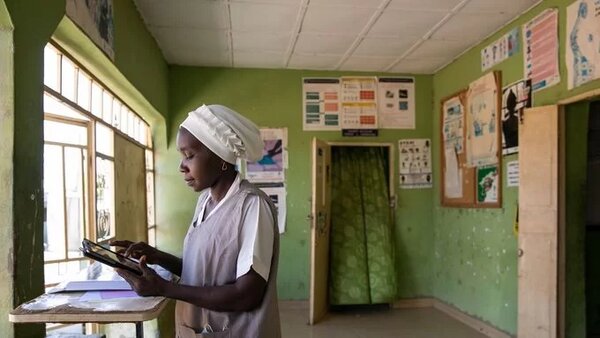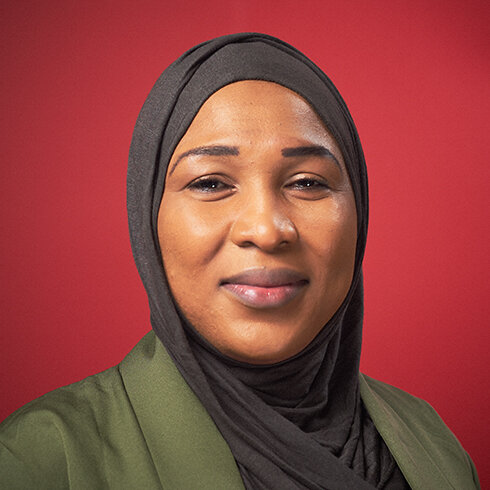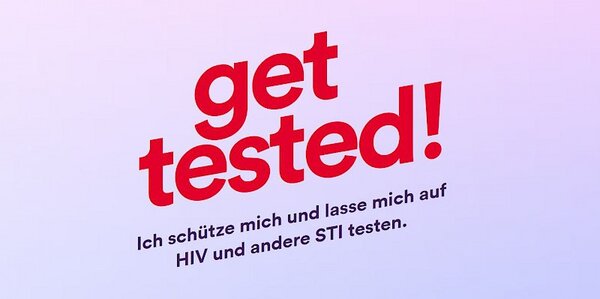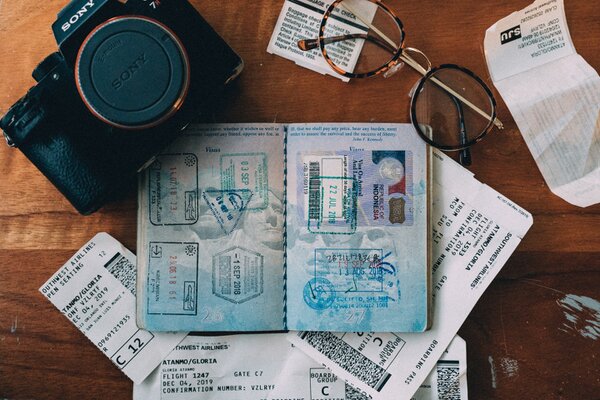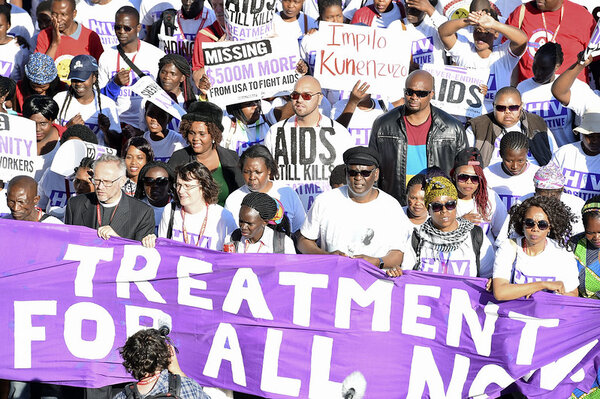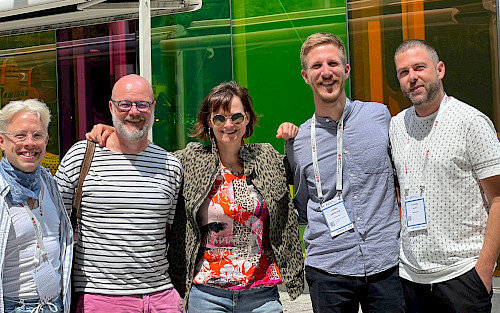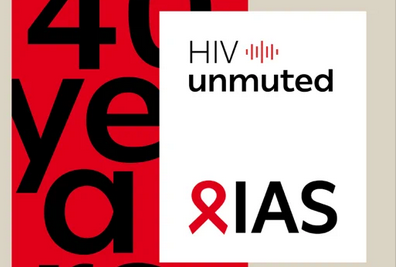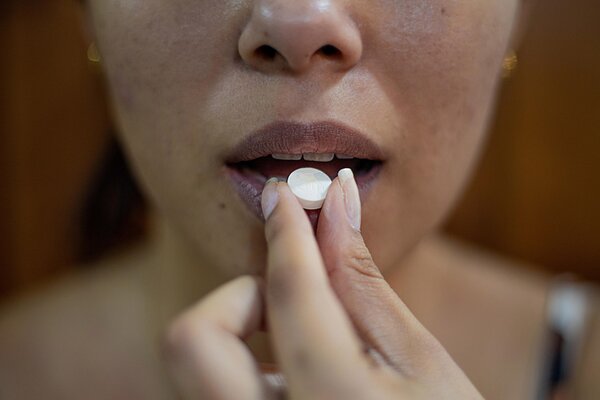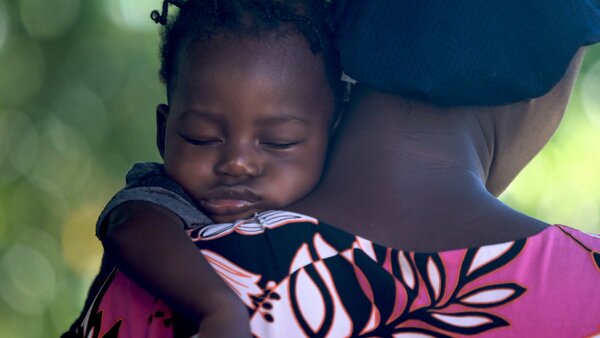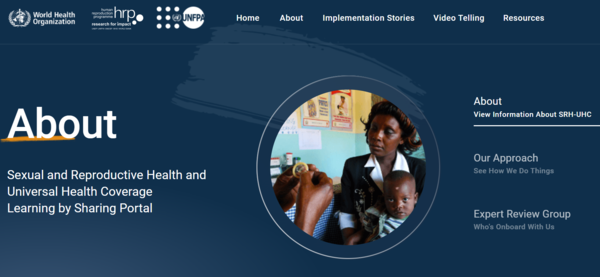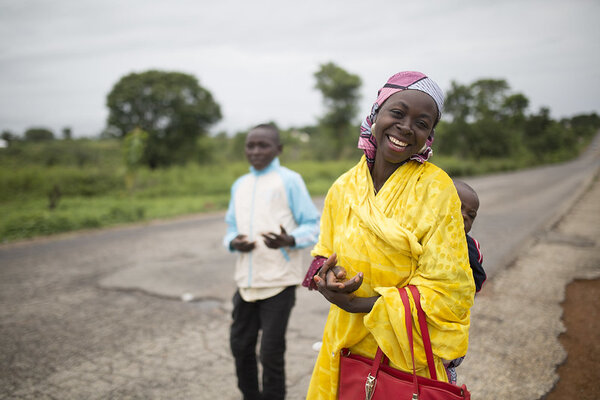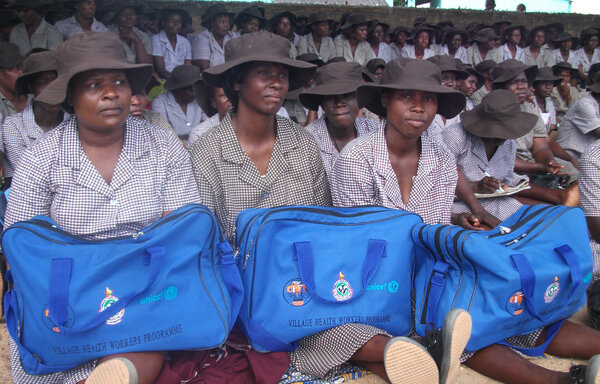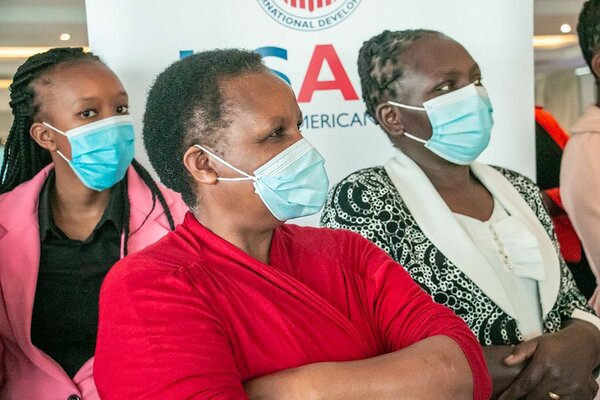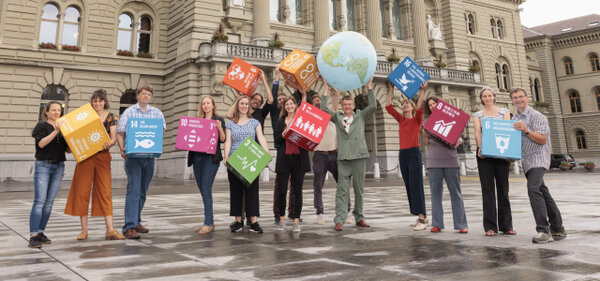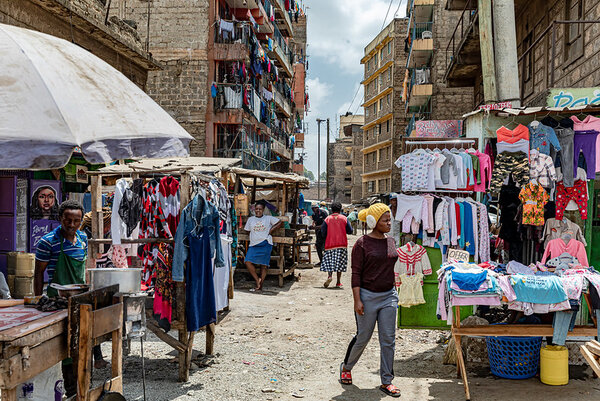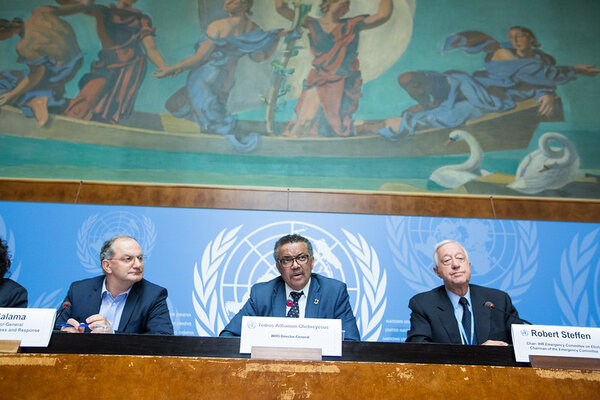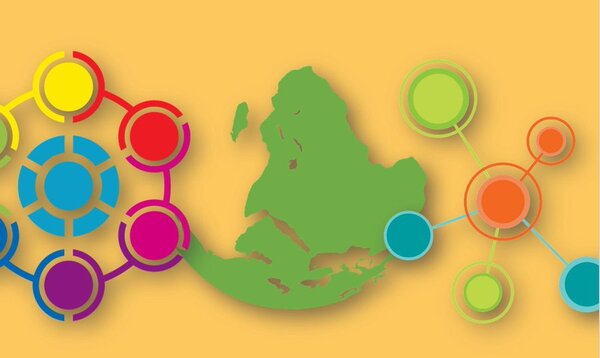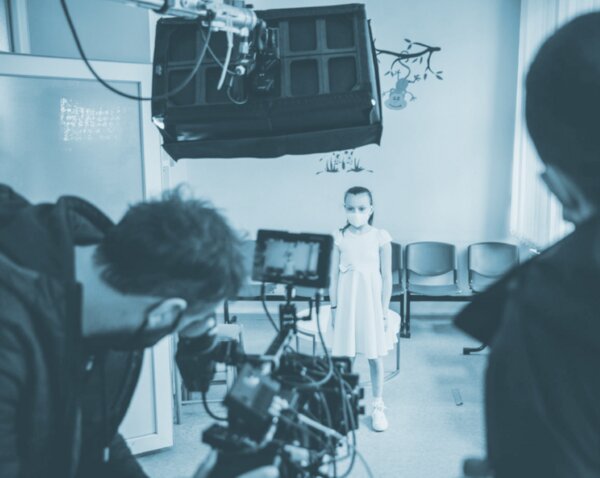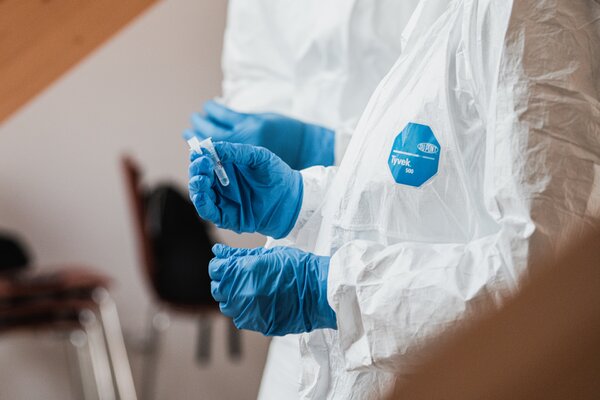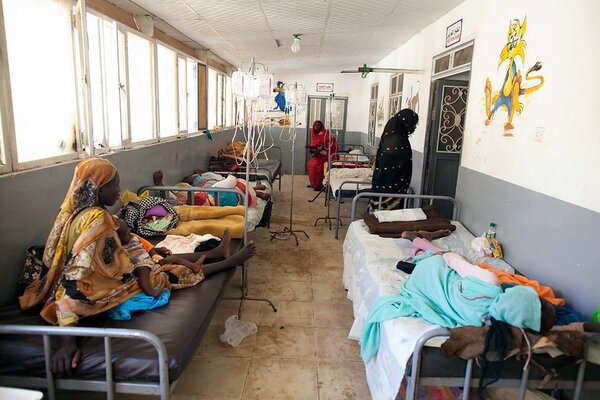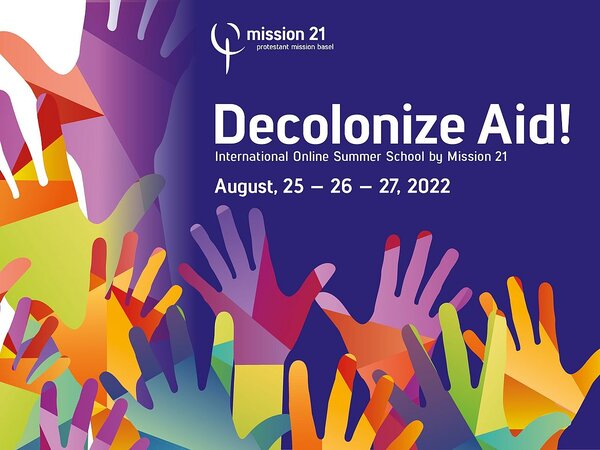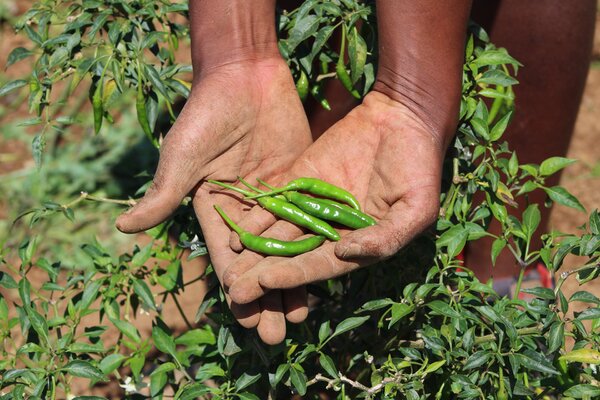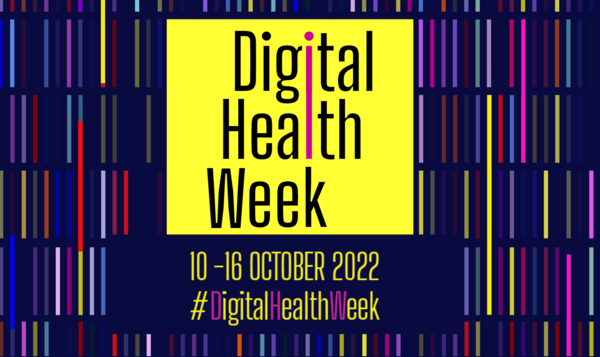Im Januar habe ich an dieser Stelle von einer doppelten Krise geschrieben, in der sich die Welt befinden würde. Danach kam der Aggressionskrieg Russlands gegen die Ukraine. Die Welt befindet sich seither gleich in einer Mehrfachkrise: Gesundheitskrise und Klimakrise, Gewalt und humanitäre Krise, Energiekrise, Wirtschafts- und Ernährungskrise.
Bedarf an Reflexion und Handlungsperspektiven
All diese Krisen einzeln und in ihrer Kombination haben Auswirkungen auf die Gesundheit von Bevölkerungen weltweit und auf die Steuerung der globalen Gesundheit insgesamt. Es gibt hohen Bedarf der Einordnung, der Reflexion und der Entwicklung von Handlungsperspektiven. Den Raum dazu bietet unser MMS Symposium, das am 2. November 2022 in Basel stattfinden wird.
Betrachtet man Krisen aus historischer Perspektive zeigt sich in ihren politischen Auswirkungen eine Gemeinsamkeit: Weil bestehende Gewissheiten mit den durch eine Krise ausgelösten oder sichtbar werdenden Realitäten nicht mehr in Übereinstimmung stehen, verändern sich politische Debatten und bestehende Diskurse, um neue Denkräume zu öffnen. Damit einhergeht, dass sich dann auch ganz handfest sowohl politische und wirtschaftliche Bedingungen wie auch institutionelles Gefüge verändern kann. So wurde in der Folge von Krieg, Pandemie und sozialer Not in den 20er Jahren des letzten Jahrhunderts der Völkerbund gegründet, in verschiedenen Ländern das Frauenstimmrecht eingeführt und in der Schweiz fand eine politische Öffnung statt, die der Einführung des Proporzwahlrechtes auf Bundesebene zum Durchbruch verholfen hat. Die Krisenhaftigkeit jener Zeit führte aber auch zu politischer Radikalisierung und zu Faschismus und Nationalsozialismus.
Veränderung von Debatten, Diskursen und Institutionen
Auch in der Schweiz lassen sich mit den jüngsten Krisen Veränderungen festmachen: Durchbruch der Pflegeinitiative als Folge der Gesundheitskrise, Debatten rund um die Neutralität aufgrund des russischen Völkerrechtsbruches und vielleicht – hoffentlich – eine positivere Haltung gegenüber der EU, die ihre Kernbedeutung als Wertegemeinschaft und Friedensprojekt zurückerhält. Global wird durch die neue Teilung der Welt die Arbeit multilateraler Organisationen massiv gestört, Propaganda und Lügen drohen die Legitimität internationaler Organisationen zu untergraben.
All das sollte uns als Akteur:innen der internationalen Gesundheitszusammenarbeit und globalen Gesundheit herumtreiben und zum Nachdenken über unser Arbeit herausfordern. Dafür ist unser Symposium der zentrale Ort – wir freuen uns, Sie alle am 2. November 2022 in Basel begrüssen zu dürfen.
Martin Leschhorn Strebel
Netzwerk Medicus Mundi Schweiz
E-Mail


